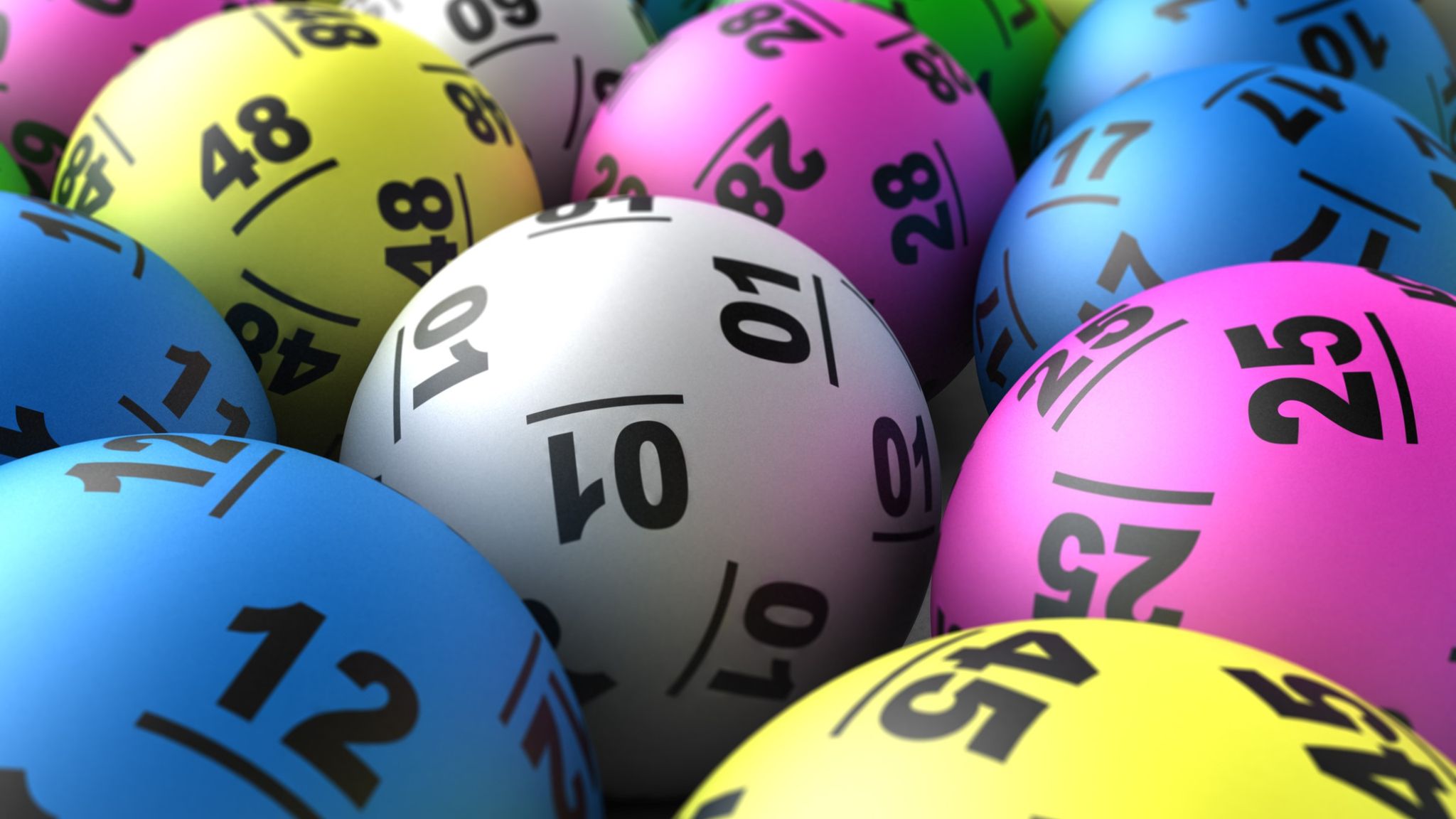The lottery is a fascinating social and economic phenomenon that has captured the imagination of people across the globe for centuries Alexistogel. From humble beginnings to its modern, tech-savvy incarnations, the lottery embodies a unique blend of luck, psychology, and technology. Its evolution offers an intriguing lens through which to explore human behavior and societal dynamics.
Historical Roots: From Ancient Times to Modern Lotteries
The concept of the lottery dates back to ancient civilizations. Historical records show that lotteries were used in China as early as 205-187 BCE during the Han Dynasty. These early lotteries were used to fund government projects, such as the Great Wall of China. Similarly, ancient Romans and Greeks also engaged in lottery-like activities, often as part of festive events or as a form of charitable giving.
The modern lottery, as we know it, began to take shape in Europe during the late 15th and early 16th centuries. Initially used to raise funds for public projects and charities, these lotteries laid the groundwork for the structured, state-run lotteries seen today.
The Psychology of Winning: Why We Play
Lotteries tap into some fundamental aspects of human psychology. The allure of winning a life-changing sum of money with a relatively small investment is a powerful motivator. Cognitive biases and psychological phenomena play a significant role in why people participate in lotteries.
1. The Illusion of Control: People often overestimate their ability to influence outcomes in random events. Choosing numbers based on personal significance, like birthdays or anniversaries, can provide a false sense of control over an inherently random process.
2. The Gambler’s Fallacy: This cognitive bias leads people to believe that past outcomes influence future ones, despite the lottery being a game of chance. For instance, someone might think that a particular number is “due” to come up because it hasn’t appeared recently, which is not the case in a truly random draw.
3. Hope and Optimism: The lottery offers a chance to escape from everyday challenges. Even though the odds of winning are extremely slim, the possibility of a better future creates a powerful sense of hope and optimism.
Technology and the Lottery: A New Era
The advent of technology has revolutionized the lottery, making it more accessible and changing the way people engage with it. Online lotteries and mobile apps have expanded the reach of lotteries, allowing people to participate from virtually anywhere. This digital shift has brought about several significant changes:
1. Enhanced Security and Transparency: Advanced technology has improved the security of lottery systems, reducing the risk of fraud and ensuring transparency. Blockchain technology, for example, is being explored for its potential to offer verifiable and immutable records of lottery draws.
2. Data Analytics: Lottery organizations now use sophisticated data analytics to understand player behavior and optimize their operations. This includes targeting marketing efforts and designing games that maximize player engagement while maintaining responsible gambling practices.
3. Instant Gratification: Instant-win games and scratch-off tickets have capitalized on the desire for immediate rewards. These games offer a faster pace and quicker results, catering to a culture of instant gratification.
Societal Impact: Pros and Cons
Lotteries have a profound impact on society, both positive and negative. On the positive side, lotteries often fund important public services, such as education and infrastructure projects. The revenue generated can support community programs and contribute to societal well-being.
However, the lottery can also have detrimental effects. The regressive nature of lottery taxes means that lower-income individuals spend a higher percentage of their income on tickets compared to wealthier individuals. This can lead to financial strain and exacerbate existing inequalities. Moreover, the addictive nature of gambling can lead to problematic behavior for some individuals.
The Future of Lotteries
As we move forward, the lottery industry will likely continue to evolve. Innovations in technology, changes in consumer behavior, and regulatory shifts will shape the future landscape of lotteries. Future developments may include more immersive and interactive experiences, such as virtual reality lotteries or gamified approaches that blend entertainment with chance.


